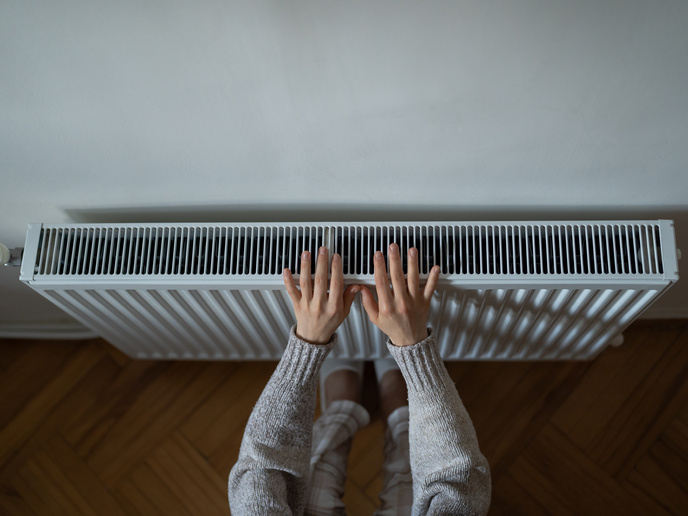Direct engagement benefits energy-poor households
According to the latest Eurostat figures, 40 million European citizens are unable to keep their homes adequately warm, and many more are at risk of falling into this dangerous predicament. The EU-funded EnergyMeasures project engaged householders who are experiencing energy poverty and offered practical solutions for alleviating related challenges in Belgium, Bulgaria, Ireland, the Netherlands, North Macedonia, Poland and the UK. The project also worked with key actors such as municipalities, energy authorities, or housing associations to address multi-level institutional contexts affecting energy poverty, and supported policy development.
Individualised energy engagement plans
The energy challenges facing households in each region are unique. For this reason, the project established an adaptable approach to create tailored advice for energy-poor residents. Collaborating with public, private and social organisations, EnergyMeasures provided energy advice to over 3 900 households. Once energy-poor households had been identified, site visitors assessed home energy features. This involved collecting data on all aspects of energy consumption, including heating systems, windows and doors, chimneys, lighting and appliances. Partners then analysed the data and developed a report presenting options for low- or no-cost energy savings through small measures and practical advice. This report was presented to the householder, who was offered follow-up support as needed.
Humanising energy poverty
Despite restrictions related to the pandemic, EnergyMeasures managed to deliver an impressive personalised service. According to project coordinator Niall Dunphy: “The project gives a voice to many who are typically unheard and highlights their lived experience of energy poverty. Small measures and energy advice are shown to offer real help to householders – highlighting the importance of energy literacy and the development of householder agency.” Part of increasing householder agency is enabling citizens to find the information they need to make informed decisions. In addition to direct outreach, EnergyMeasures utilised a variety of online platforms to connect with citizens, including the project’s website, bulletins and postings on social media. The project also explored how energy poverty disproportionately affects women. Dunphy says: “Women’s lower incomes are a significant potential contributor to energy poverty. Moreover, the disproportionate burden of caregiving in the home borne by women means that they are experiencing the impacts of an energy-poor household more than men.” Two of the countries involved in the project (North Macedonia and the United Kingdom) have placed a particular emphasis on reaching women-led households, and partners in all countries employ gender-fair language and imaging in communications and outreach.
Institutional impact of citizen engagement
The data EnergyMeasures collected helped provide a clearer picture of energy poverty in specific communities. This enables municipalities, energy companies and consumer organisations to better meet the needs of citizens. The project has worked to share its findings with relevant stakeholders through publications and policy briefs. Furthermore, training workshops that prepared frontline workers to positively engage with citizens promoted agency in a vulnerable population. The causes of energy poverty are complicated and require a multi-level suite of solutions. National policies, building infrastructure and consumer behaviour are all important. By providing tailored advice to individuals, EnergyMeasures helped tackle a growing problem facing EU households. EnergyMeasures project outputs can be found here.
Keywords
EnergyMeasures, energy poverty, energy poor households, energy engagement plans, energy efficiency behaviours, gender disparity



